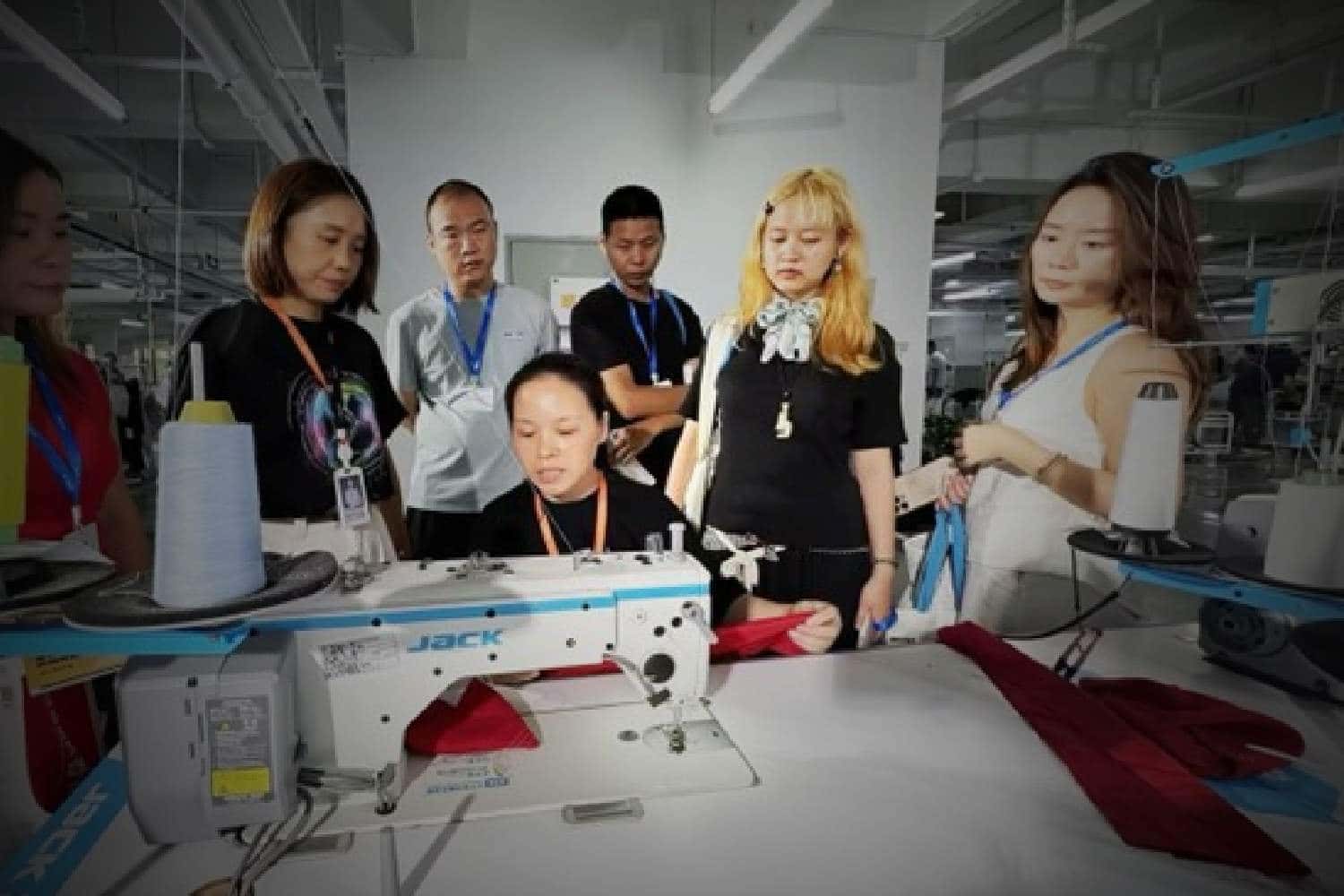Chinese fast-fashion giant SHEIN is finding new and disruptive ways to strengthen its presence in South Africa’s online retail space.
SHEIN pushes deeper into South Africa’s retail market
From launching a pop-up store at Mall of Africa to collaborating with South Africa’s House of One fashion label, the company is rapidly growing its customer base.
From 2 to 11 August 2025, SHEIN opened a temporary store at Mall of Africa in Johannesburg. The store allowed customers to try on clothes but not buy them directly. Instead, shoppers placed online orders inside the store, often with discounts attached.
This mixed model — combining in-person experiences with online sales — has been used successfully by other retailers, and SHEIN’s entry suggests it wants to build brand trust among South Africans who still prefer traditional shopping.
But critics say part of SHEIN’s success comes from exploiting loopholes that help it avoid paying full import taxes.
House of One becomes first South African brand on SHEIN
Cape Town-based label House of One has made history by becoming the first South African fashion brand to sell clothing through SHEIN’s global platform.
Co-founder Paul Nunes told CapeTalk that the deal is a major breakthrough:
“The partnership is a milestone for us. We’ll be producing 100 new pieces every month for the next year, and SHEIN has given us our own shopfront on their site.”
Interestingly, House of One did not begin by selling physical clothing. The brand originally sold digital clothing patterns— PDF files people could take to a tailor or use to make clothes at home.
Their creative marketing, which included a short musical film and a four-track EP, caught SHEIN’s attention on Instagram.
While the brand is excited about the deal, Nunes admitted that concerns about fast-fashion’s impact on local industriesare valid.
“Local industries around the world, not just in South Africa, have raised concerns about being undercut,” he said.
Tax loopholes under fire
One of the biggest controversies around SHEIN in South Africa is how it handles import taxes. Normally, goods brought into the country are taxed by the South African Revenue Service (SARS).
But SHEIN is accused of using a loophole called the “de minimis” rule, which allows parcels valued under R500 to enter the country with lower duties and without VAT (Value-Added Tax).
Critics, including the National Clothing Retail Federation, claim SHEIN splits big customer orders into smaller parcels so they fall under the R500 threshold.
This way, the company avoids paying full taxes, allowing it to sell clothes at much cheaper prices than local retailers.
SARS Commissioner Edward Kieswetter confirmed that authorities are investigating:
“South Africa has lost more than R3 billion in tax revenue. We are working to apply consistent duties to all imports, regardless of order size.”
SHEIN, however, denies wrongdoing and says its low prices come from efficient technology and a fast supply chain.
The rise of low-cost online retailers like SHEIN has already had an impact. A report by the Bureau for Economic Research showed confidence among local clothing retailers dropped from 68% to 38% in the second quarter of 2024.
This sharp fall followed weak sales and growing competition from platforms like SHEIN.
Economists warn that if SARS fails to close tax loopholes, local businesses may continue losing out, leading to job cuts and less money circulating in the local economy.
SHEIN is expanding globally while under pressure. In 2025, its profits soared past $400 million in just the first quarter, boosted by shoppers buying before new tariffs hit the US market. But at the same time, the company faces scrutiny over its labor practices and tax strategies.
Its recent moves in South Africa — the House of One collaboration and the pop-up store — show how SHEIN is adapting to maintain growth while dealing with criticism worldwide.
